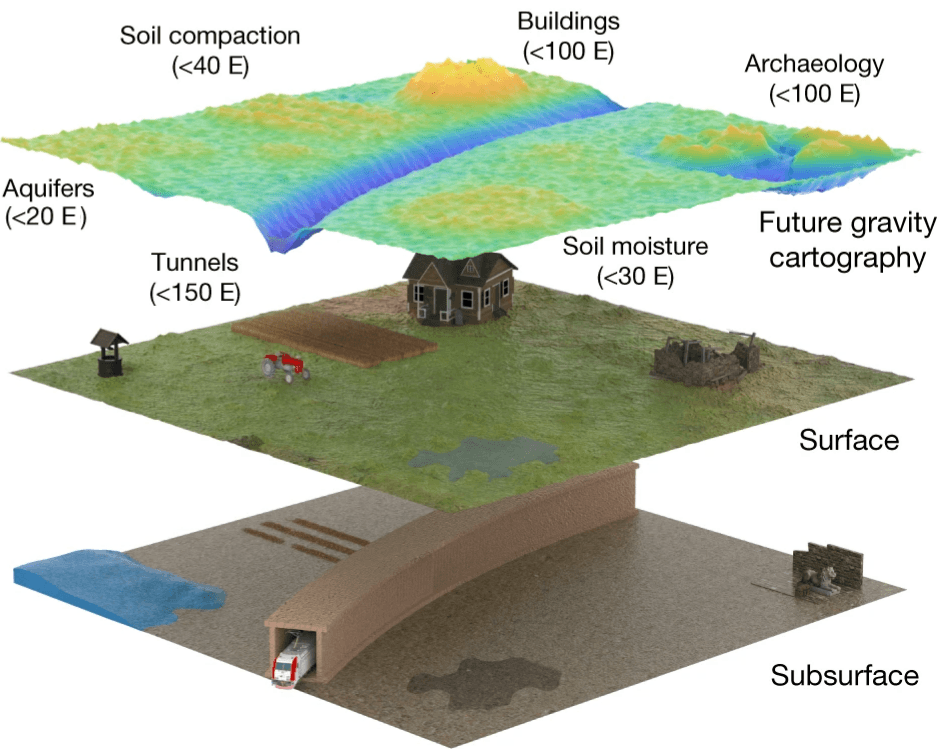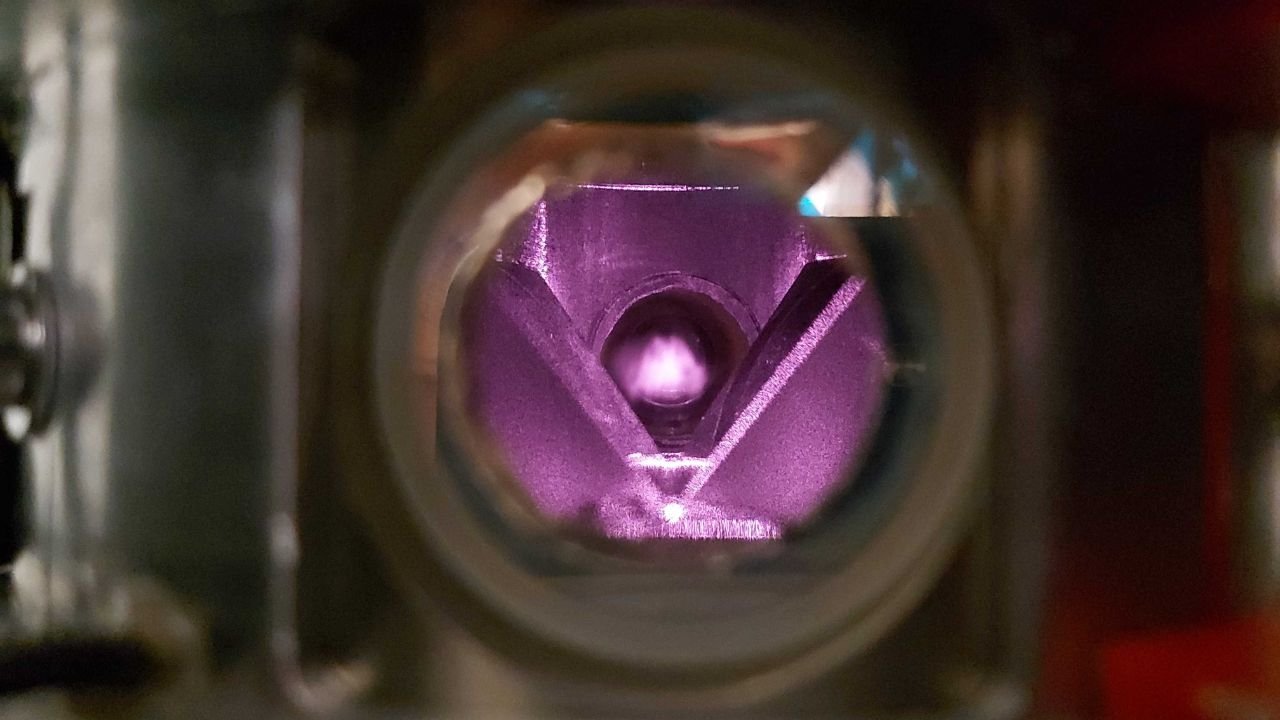UK-based Delta g says that it can create a ‘Google Maps for the underground’ for ‘complex subsurface and unseen locations' and claims it has 'produced the world’s first field-proven quantum sensor for gravity gradiometry’. It says its sensors are 'highly transportable and inherently immune to vibrational noise, driving down the financial cost of surveys and enabling more rapid measurements with greater sensitivity' proving useful in 'preemptively identifying hazards, and unlocking measurements in complex or time-limited environments, even when dealing with variable ground conditions'.
The quantum technology gravity sensing company has raised £1.5 million in a pre-seed round led by Science Creates Ventures, bringing further investment from Quantum Exponential Group, Newable Ventures, Bristol Private Equity Club, and it includes angel investment from Hitesh Thakrar and Howard Covington.
A spinout of University of Birmingham, founded by Andrew Lamb, Jonathan Winch and Professor Michael Holynski, and CEO Pete Stirling the tech was developed at the Quantum Technology Hub for Sensors and Timing. After a decade of research the funding will 'fast track' the commercialisation of Delta g's quantum sensors which it will use for mapping the underground.

“While the UK has made great strides in boosting its underground survey capabilities, existing technologies are still limited in their efficacy due to inconsistency, prolonged measurement times and reactive use. Furthermore, if they miss anything, the ramifications could be huge. We solve this problem by making it far quicker and easier to map what the eyes can’t see. Our technology is the culmination of decades of academic research into quantum sensors and their real-world applications, so it’s extremely gratifying that leading VCs have recognised its vast commercial potential," says Stirling.
“Our goal now is to take the technology and shrink it down so that it’s easier to be deployed in everyday development, infrastructure and repair works. Given the broad applications across myriad industries, we’re hugely excited about our ability to use quantum gravity gradiometry to achieve vast cost-savings and pick up the pace of mapping work in a way that improves everyday life," he says.
In addition to its latest funding round, Delta g has been awarded a c. £500,000 innovation grant from Innovate UK to accelerate the delivery of a commercial product and begin the development of a sector-agonistic gravity gradient platform.
“It’s exciting to see this investment in quantum sensing, which will be used to strive for new tools that aim to bring benefits to applications across civil engineering. It will build upon a decade of research at the University of Birmingham, undertaken as part of the UK Quantum Technology Hub in Sensors and Timing, working closely with industry and academia across the community. This was only possible through excellent support from the Engineering and Physical Sciences Research Council, Innovate UK, the Science and Technology Facilities Council, and the Ministry of Defence, as part of the National Quantum Technologies Programme," says Holynski.
“We're extremely excited to be working with such an incredibly talented team at Delta g. We believe this is a great fit for SCV, being a truly category-defining breakthrough in gravity measurements via quantum sensing, which has the opportunity to create an enormous impact in mapping the underground," adds Harry Destecroix, founder of Science Creates Ventures.



Would you like to write the first comment?
Login to post comments